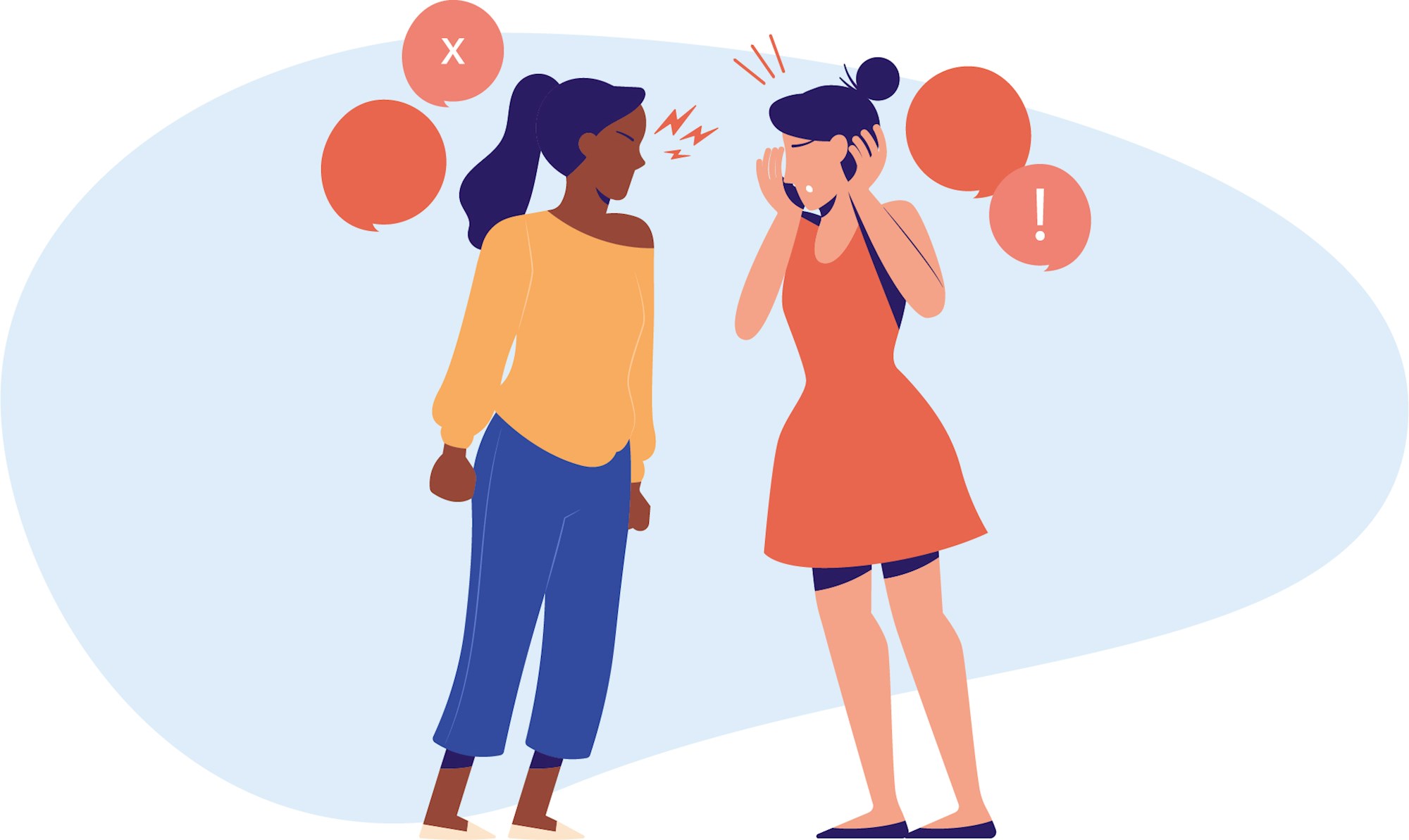
That One Person Who Makes Your Brain Scream: Surviving Annoying People
8/29/2025
You know the feeling. There's that one person who seems to exist just to test your patience. Maybe it's the classmate who taps their pen constantly, the coworker who interrupts every story, or the friend who always has to one-up everything you say. When you have ADHD, anxiety, or other mental health challenges, these people don't just bug you – they can make your whole day feel impossible.
The truth? You're not overreacting, and you're definitely not alone. Let's talk about real ways to handle these situations without losing your mind.
Why Some People Hit Different When You Have ADHD
Your brain works differently, and that's not a bad thing. But it does mean certain behaviors can feel like nails on a chalkboard when others barely notice them. People with ADHD often have something called rejection sensitive dysphoria, which makes criticism or annoying behavior feel way more intense.
Plus, when you're already dealing with racing thoughts, trouble focusing, or anxiety, you don't have much patience left over. It's like your emotional gas tank is already running on empty, so that pen-tapper becomes the final straw.
Children and Adults with Attention-Deficit/Hyperactivity Disorder organization explains that sensory processing differences make some of us more sensitive to sounds, movements, and social cues that others can ignore.
The "Pause and Label" Trick
When someone is driving you crazy, try this: pause for three seconds and label what's happening. Say to yourself, "I'm feeling overwhelmed because Jake is interrupting me again, and my ADHD brain is making this feel huge right now."
This isn't about making excuses – it's about understanding what's really going on. Sometimes the person isn't actually being that bad, but your brain is amplifying everything because you're stressed or overstimulated.
Mindfulness techniques like this can help you figure out if you need to address the situation or just manage your own reaction.
Setting Boundaries Like a Boss
Here's something no one teaches you: it's okay to protect your energy, especially when you're managing mental health challenges. You don't have to be available for every person's drama or tolerate behavior that makes your symptoms worse.
Try saying things like:
- "I need to focus right now, can we talk later?"
- "That sound is really distracting for me. Could you use a different pen?"
- "I'm having trouble following when you interrupt – can you let me finish?"
The National Alliance on Mental Illness has great resources on communication skills and boundary-setting that can help you practice these conversations.
When You Can't Escape Them
Sometimes you're stuck with annoying people – in class, at work, or in your family. When you can't change the situation, focus on what you can control.
Noise-canceling headphones are a game-changer if you're allowed to wear them. Fidget toys can help you channel that "want to scream" energy into something useful. Some people find that chewing gum or having a water bottle to sip helps them stay calm.
Create a mental escape plan too. Know where you can go for a quick break when things get overwhelming. Even a two-minute bathroom break can reset your patience levels.
Taking Care of Your Mental Health First
This might sound backwards, but the better you manage your ADHD, anxiety, or depression, the less annoying other people become. When you're sleeping enough, eating regularly, and maybe working with a therapist, you have more emotional bandwidth to deal with difficult people.
Level Up can help you find mental health providers in Northeast Ohio who understand ADHD and related challenges. Many offer telehealth options, which can be easier to manage with a busy schedule.
Remember: It's Not About Being Perfect
You don't have to become a zen master who never gets annoyed. The goal is just to not let that one annoying person ruin your whole day or make your mental health symptoms worse.
Some days you'll handle it like a champ. Other days you might need to remove yourself from the situation and try again tomorrow. Both of those responses are completely normal and okay.
Your mental health matters, and protecting it isn't selfish – it's necessary.